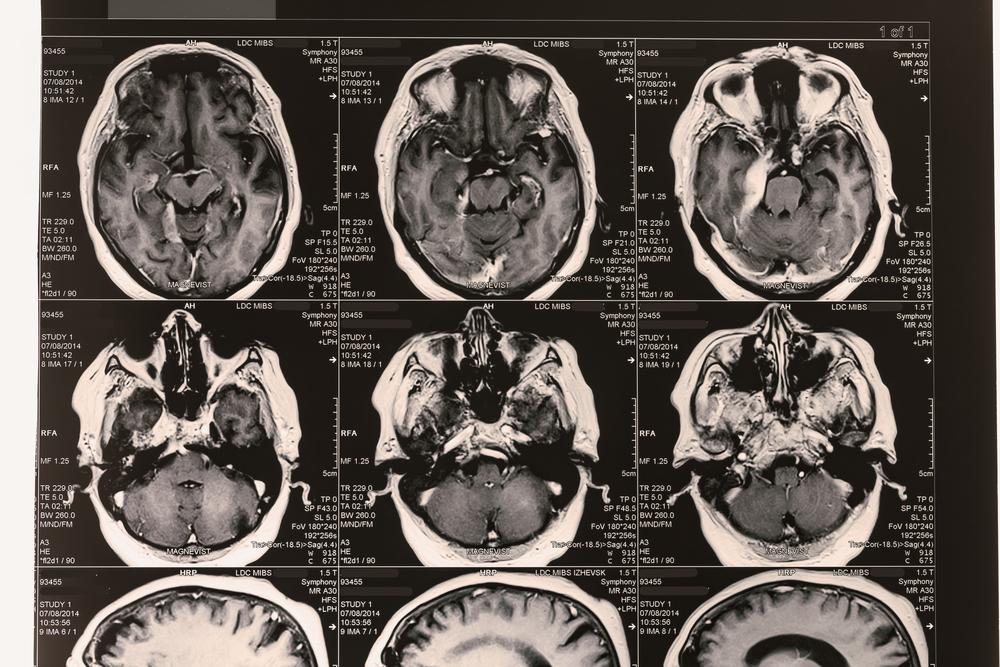Mild Cognitive Decline in Parkinson’s Linked to Changes in Brain’s Structure
Written by |

Disruption of the brain’s structural network has been identified as the potential underlying mechanism for the onset of mild cognitive decline in Parkinson’s disease patients.
The study “Structural Brain Connectome and Cognitive Impairment in Parkinson’s Disease” was published in the journal Radiology.
Progressive decline in both motor function and cognitive function are two main characteristics of Parkinson’s disease (PD). In fact, mild cognitive impairment is identified in approximately 25% of newly diagnosed PD patients, denoted by decline in cognitive abilities, including thinking, memory and language. Patients exhibiting mild cognitive impairment also are known to progress to dementia at higher frequencies, versus those whose cognitive abilities remain within the normal range.
In this study, authors investigated further the changes in the brains of patients with PD and mild cognitive impairment compared to patients with PD, but without mild cognitive impairment. They used a specific magnetic resonance imaging (MRI) technique, called diffusion tractography, to investigate the changes in the brains of PD patients with and without mild cognitive impairment.
The neuronal links in our brain are increasingly recognized as a connectome, a complex network that integrates both structural and functional parts of the brain. With diffusion tractography, researchers can identify anatomical connections in the living human brain using data collected by difusion-weighted images (DWI), which are transformed to visually represent neural tracts.
“Cognitive impairment in PD is one of the major non-motor complications of the disease, as well as one of the major concerns of patients and caregivers at the time of diagnosis,” said study co-author Federica Agosta, M.D., Ph.D., in a press release. “Study of the changes related to cognitive impairment in PD is imperative in order to be able to answer patients’ questions and finally be able to predict the future development of this condition,” she said.
PD patients, 54 with mild cognitive impairment and 116 without it, as well as 41 healthy control subjects, were enrolled in the study. The analysis of each group showed significant alterations to the brain’s network were detected only in those with mild cognitive impairment. Following how water diffuses in the brain, a parameter indicating the state of brain’s signal-carrying white matter, authors found that parameter was capable of detecting specifically PD patients with mild cognitive impairment.
Results of this study suggest that the breakdown of complex structural brain networks is the underlying mechanism of mild cognitive impairment in PD patients.
“If confirmed and replicated by other studies, these results would suggest the use of MRI in PD to support the clinicians in monitoring the disease and predicting the occurrence of cognitive complications,” Agosta concluded.


